Roof replacement concerns in the southwestern U.S.
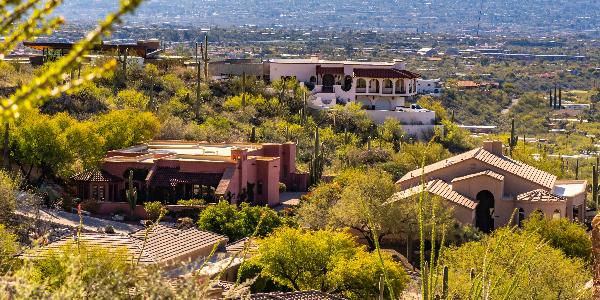
By Dani Sheehan.
With this roof cost calculator, you’ll receive an accurate estimate based on factors specific to your location and be paired with a local contractor ready to start your project.
If you live in the southwestern United States region, chances are you don’t realize how lucky you are to live in some of the sunniest states in the country. According to data from 2024 so far, Arizona, New Mexico, Nevada, California, Colorado and Utah all rank among the top ten sunniest states. Taking advantage of the sun, California, Arizona and Nevada all have large percentages of solar power utilization. While sunlight can greatly improve the efficiency of your home by investing in solar energy, it can also cause extreme wear and tear to your roof. With Instant Roofer, you can receive an efficient, accurate and free roof estimate to ensure there are no surprises when it comes to your roof replacement.
Arizona
Arizona’s desert climate, which consists of extreme heat and monsoon storms, can cause significant wear and tear on your roof over time. Investing in cool roof materials that can reflect the sun’s rays can help keep your home more energy efficient. In addition to considering the costs of your roof replacement, you might want to evaluate your home’s insulation and ventilation to maximize protection from the heat and keep your energy costs low.
Building codes vary by city or county and may affect the cost of your new roof. Instant Roofer’s cost calculator provides an instant and accurate estimate based on local code requirements, contractor pricing structures and other factors specific to your zip code. Arizona also provides the best incentives in the nation for solar energy systems. Use Instant Roofer’s solar panel cost calculator to learn more about investing in solar panels with your roof replacement.
California
While southern California enjoys a warm, sunny climate most of the year, northern California’s climate varies significantly with colder temperatures and increased rainfall, greatly affecting the cost of a roof replacement throughout the state. With a higher cost of living compared to the rest of the nation, labor costs are typically higher in California than in other states. Additionally, California has stricter building codes and other regulations to keep in mind. Often there are permits required for replacing your roof, as well as dump fees and specific requirements for materials in regions prone to wildfires. Because of the significant amount of rain throughout the year, you will also need to consider rainwater elements like gutters and downspouts in your overall cost.
Like Arizona, California offers incentives for investing in solar energy and cool roof materials can help keep your energy bills lower. When you enter your address, you’ll receive an accurate estimate that considers the expertise, experience and pricing of California roofing contractors in your zip code so you’re in the right ballpark when they connect you with a reliable contractor to start your project.
Colorado
With over 300 days of sun, summer hailstorms and winter blizzards, your Colorado roof needs to be prepared for everything. Choosing a roofing material that is extremely durable, like metal, may be a higher investment initially, but will save you the stress of insurance claims and additional roof repairs down the road. Understanding roof system warranties is also crucial and may increase the price of your replacement.
Especially for older homes, keep in mind that unexpected issues can be uncovered when it comes time to remove the old roof. This can include damaged decking, improper ventilation and structural issues that need immediate attention. Instant Roofer connects you only to reliable and transparent roofing contractors to ensure your roofing project is as straightforward and stress-free as possible.
Nevada
Nevada’s climate also varies by region, from mostly desert and semi-arid to mountain peaks in the northeast. The prolonged sun exposure, high temperatures and heavy rains greatly impacts the wear and tear of your roof. When considering the cost of your roof replacement, it is also important to budget for regular maintenance needs to extend the life of your new roof. Hiring a professional to regularly clear debris from the roof and gutters, and ensuring your attic is properly ventilated can help detect issues early and save you money in the long run.
New Mexico
With a dry, desert-like climate, New Mexico roofs are exposed to extreme heat, intense UV radiation and unpredictable precipitation. Like Arizona and California, solar panels may be an energy-efficient solution for your next roof replacement. You also want to consider your roofing material to ensure it matches your aesthetic preferences while still holding up to the local climate.
Utah
While Utah primarily has a dry, semi-arid and desert climate, the northern part of the state and the mountain regions see significant snowfall throughout the winter. Icicles forming along your roof might seem common through the winter months, but they could be a sign of a poorly insulated or ventilated attic which can lead to additional damage. Work with your roofing contractor to ensure proper drainage of melting snow to avoid water damage and keep snow from falling off your roof.
Warming temperatures have increased the state’s extreme weather events including wildfires, droughts and flooding. Consider investing in more durable roofing material to save you on costly repairs or unnecessary replacements in the future.
Learn more about Instant Roofer in their Coffee Shop Directory or visit www.instantroofer.com.
About Dani
Dani is a writer for The Coffee Shops and AskARoofer™. When she's not writing or researching, she's teaching yoga classes or exploring new hiking trails.

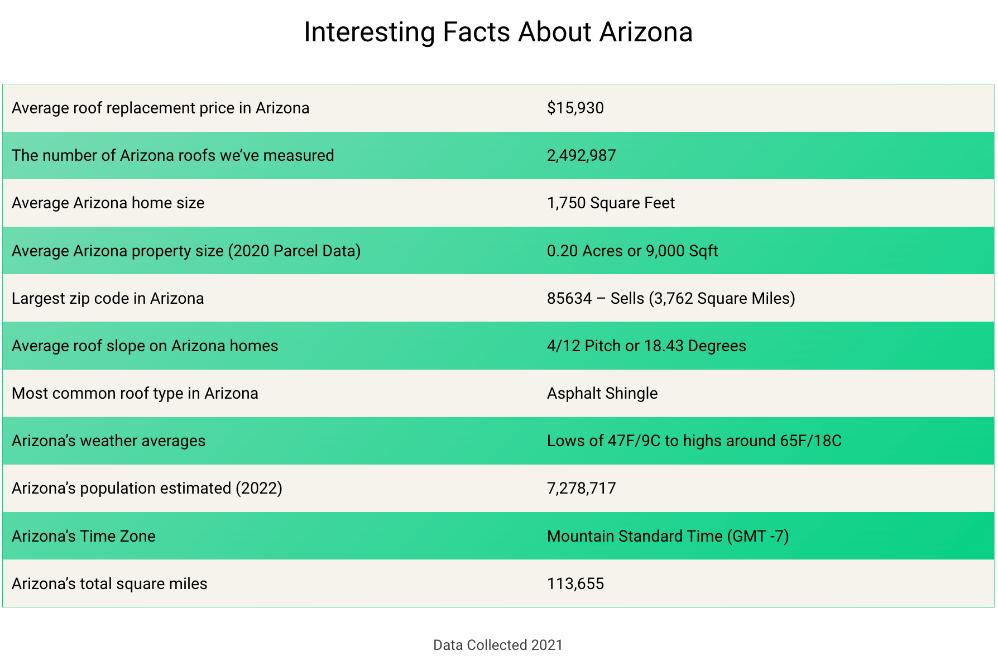

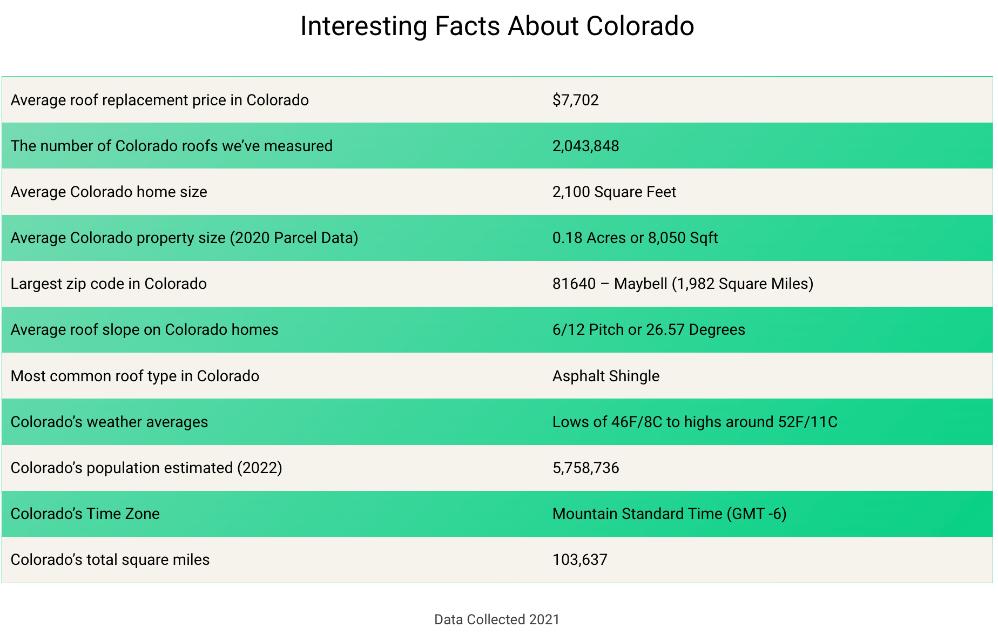
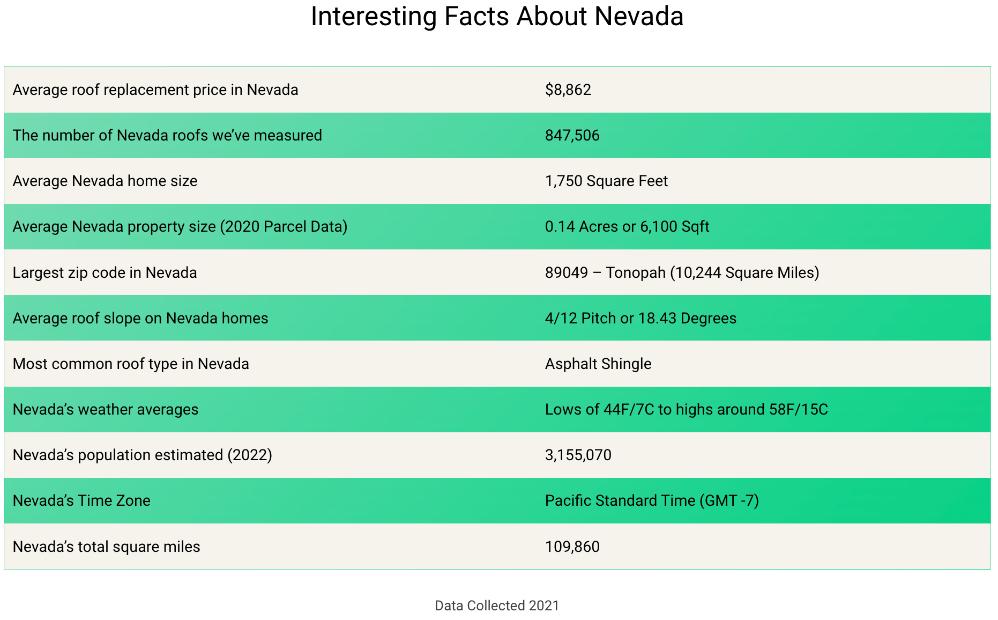
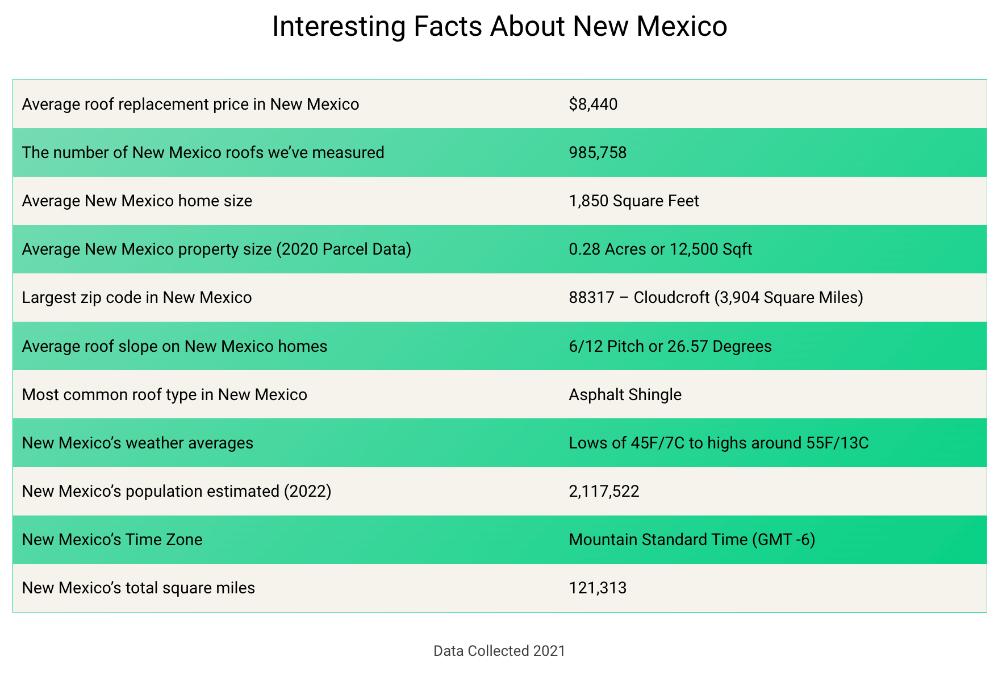

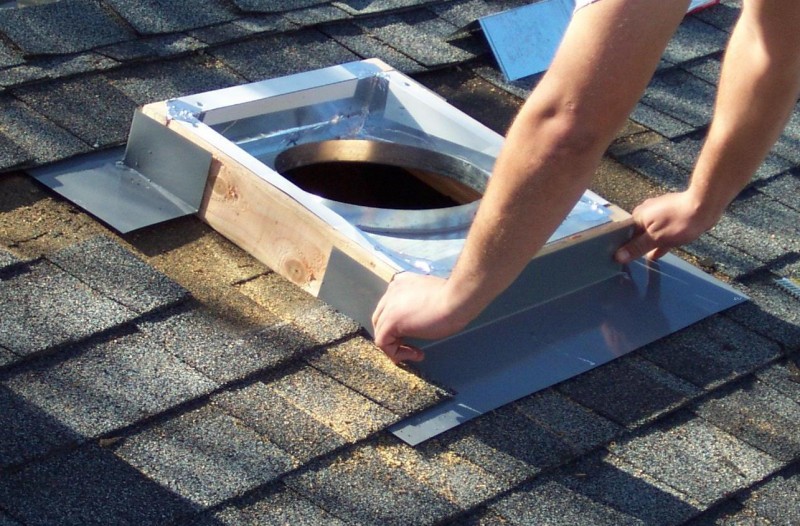
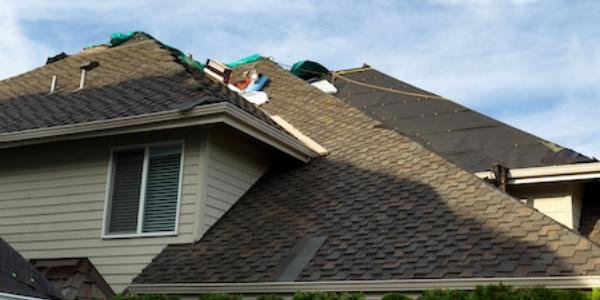


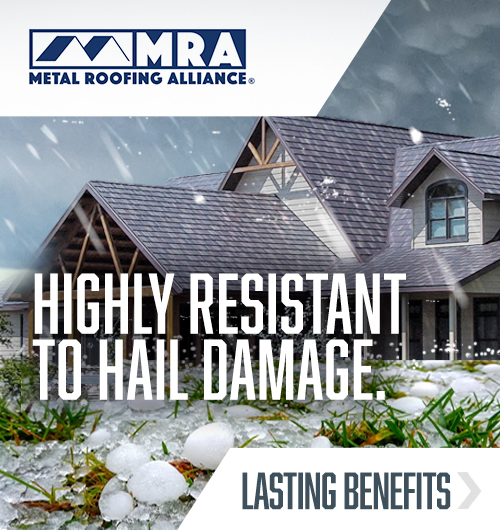



Comments
Leave a Reply
Have an account? Login to leave a comment!
Sign In